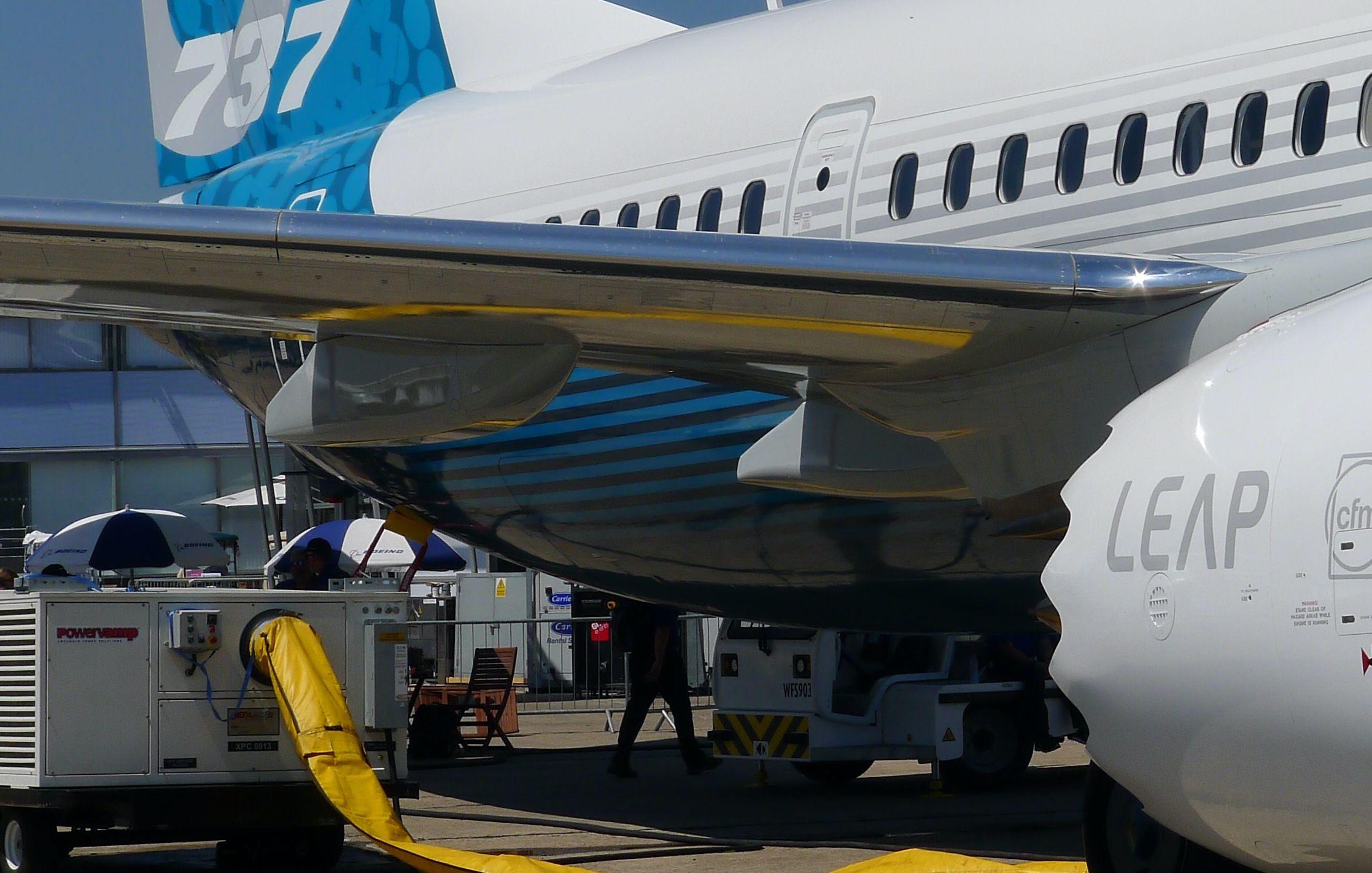
Credit: Sean Broderick/AWST
WASHINGTON—The FAA is ordering restrictions for Boeing 737 MAX and some 737 Next Generation models that would prohibit carrying freight in the aft cargo compartment if certain systems not critical for flight are malfunctioning. An immediately effective airworthiness directive (AD) set for...
Subscription Required
This content requires a subscription to one of the Aviation Week Intelligence Network (AWIN) bundles.
Schedule a demo today to find out how you can access this content and similar content related to your area of the global aviation industry.
Already an AWIN subscriber? Login
Did you know? Aviation Week has won top honors multiple times in the Jesse H. Neal National Business Journalism Awards, the business-to-business media equivalent of the Pulitzer Prizes.
